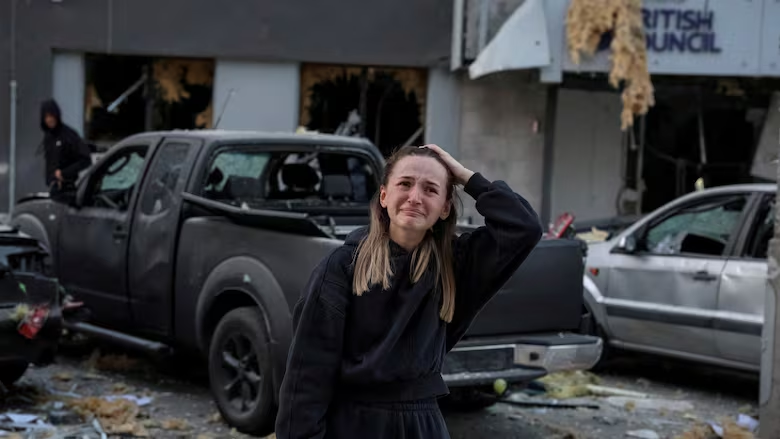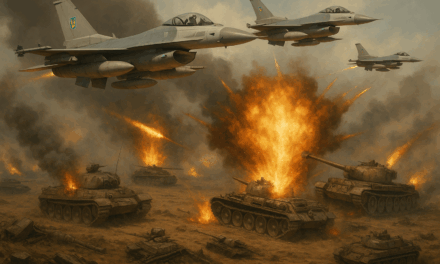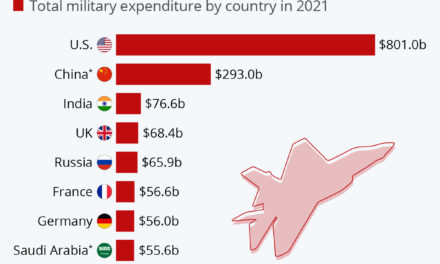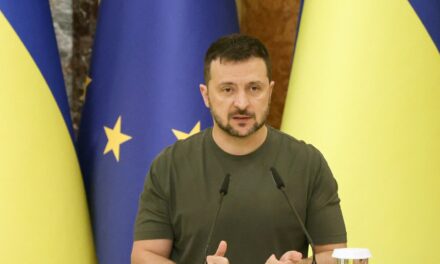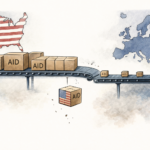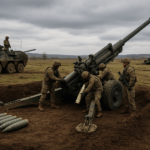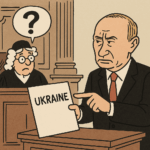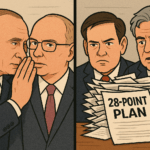In this brief but pointed post, Ukraine’s foreign minister Andrii Sybiha alerts audiences that Russia has launched a massive, combined missile-and-drone barrage against Ukraine, stressing that civilians in Kyiv and multiple other regions were among the targets. X (formerly Twitter) The wording is concise and declarative, built to travel quickly across social platforms and foreign capitals: it centers the civilian impact first, names the aggressor plainly, and frames the strikes as part of a deliberate campaign rather than isolated incidents. The post functions simultaneously as a situational report and an advocacy message—signaling to partners, media, and international institutions that the events are not only militarily significant but legally and morally salient under international humanitarian law. It tacitly invokes the obligations of Ukraine’s partners to sustain air-defense support, close sanctions loopholes, and keep political attention fixed on protecting non-combatants, while avoiding rhetorical escalation that would blur Ukraine’s diplomatic positioning. Context from independent reporting underscores the thrust of Sybiha’s message: recent large-scale nighttime salvos have killed and injured civilians in the capital and damaged critical and cultural sites, reinforcing the pattern he describes. Coverage during the same period detailed fatalities, dozens of injuries, and impacts across several Kyiv districts, including hits near diplomatic and educational institutions—an echo of the post’s focus on civilian harm. Reuters Other reputable outlets documented that these operations spanned many oblasts and involved extensive combinations of cruise missiles, ballistic weapons, and Shahed-type drones, with Ukraine intercepting most but not all incoming threats—evidence that the scale and tempo of Russia’s aerial campaign remain high. The Guardian Read as a whole, the post is less about tactical particulars than about narrative clarity: it is crafted to ensure that international audiences understand who is being targeted, what norms are being violated, and why sustained external pressure and materiel support are still necessary. In doing so, it extends the Ministry’s broader messaging that peace requires justice and accountability, and that only persistent, collective pressure—diplomatic, economic, and military—can constrain further attacks on civilians.
Sybiha Decries Russia’s Mass Strikes on Kyiv and Civilians
